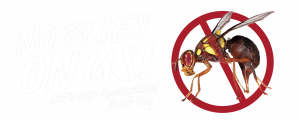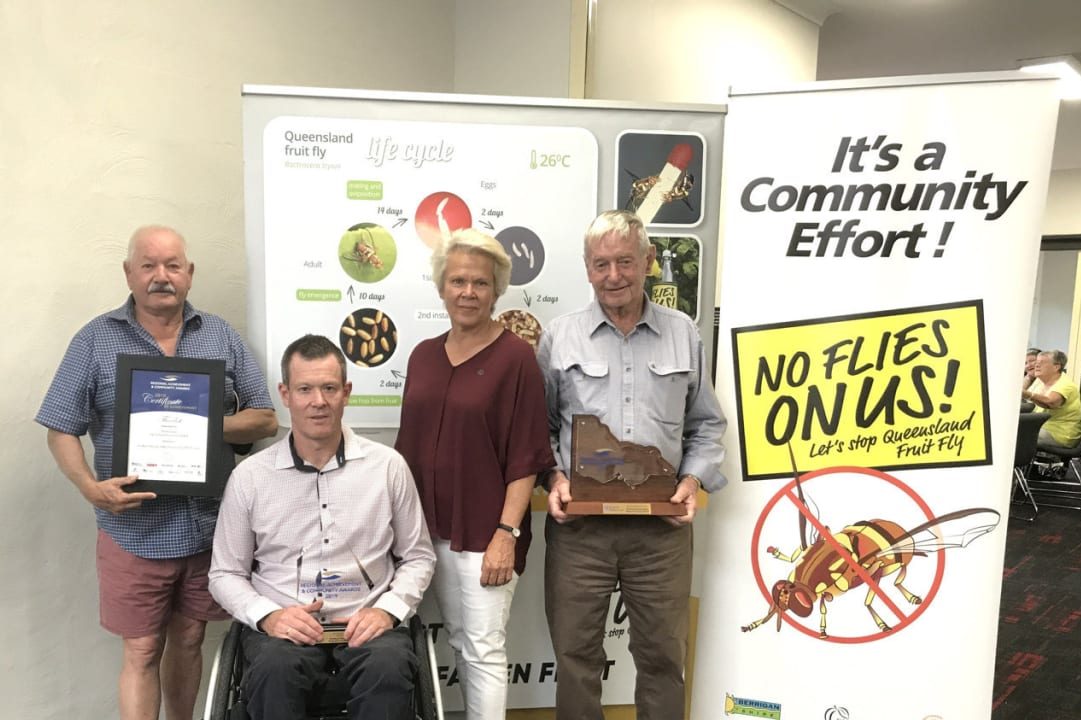Early intervention critical
There is no doubt there are adult Queensland Fruit Fly (QFF) that managed to survive the winter in warm spots in the region.
QFF populations will start to increase in September in urban and peri-urban locations as these overwintering flies mobilise. Factors impacting this population increase include:
- Warmer temperatures in early spring
- Forecast higher than average rainfall
- Higher minimum daily temperatures
- The presence of some early fruiting weed, feral and garden plants
- Dusk temperatures of 15–16 ̊C encouraging mating and egg laying
These conditions are ideal for the expansion and spread of cold acclimatised QFF — which is the case for populations that are now present in the region.
September activity
In urban and peri-urban areas September is the month where QFF activity starts to increase, as the weather warms up, so it is important to ensure management activities are in place. If QFF in built up urban and peri-urban locations are controlled then their spread to rural locations will be reduced. QFF control activities in urban locations will assist our growers in their production.
Home gardeners should commence their monitoring for QFF early in the season — August/ September. If QFF were present during the previous, 2019–20 season and caused damage to fruit they will be a problem again this season unless controlled.
Act now to stop breeding
September is the time to start checking fruit for sting marks, setting traps for monitoring purposes and ensuring you have adequate control material on-hand. Removal of unwanted fruiting plants or pruning them to a manageable/nettable height are good strategies.
Vigilance required
If vigilance is not maintained as we enter spring, through trapping and fruit inspection and control measures are not in place, we can expect flies that survived winter to find host fruit resulting in population explosions in December 2020 and January 2021. Control measures such as host removal, baits, netting, pruning, windfall clean-up and approved pesticides will limit the havoc wreaked in commercial orchards and home gardens through population explosions.




